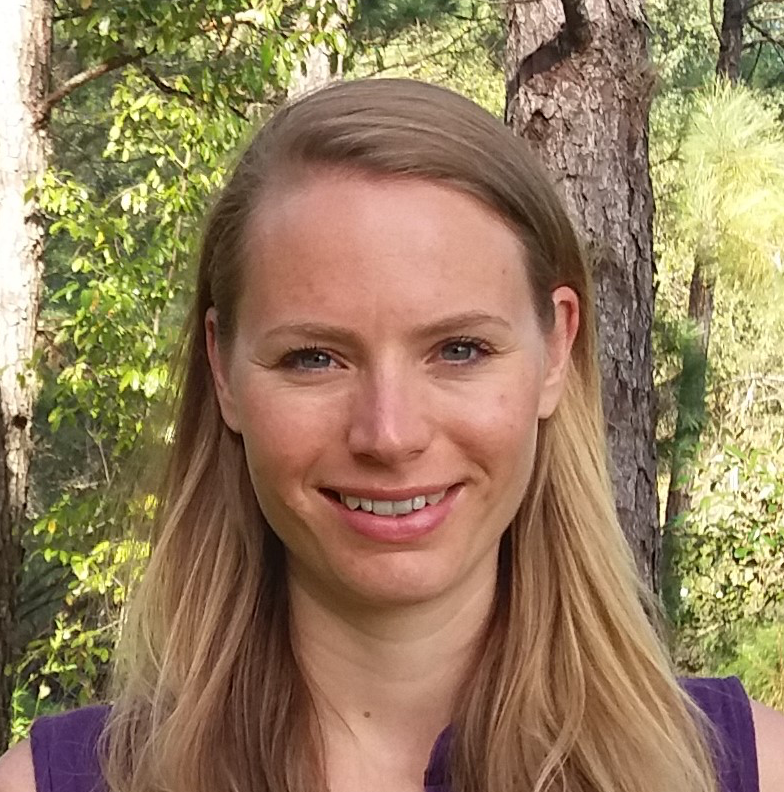Dee Rutgers of the University of Cambridge describes ongoing research that brings together teachers, teacher educators and researchers from the UK and the Netherlands to jointly define the knowledge base of CLIL (Content and Language Integrated Learning) teaching in multilingual primary education settings.

What is CLIL, and why research it?
CLIL stands for Content and Language Integrated Learning, and refers to a pedagogical approach in which the teaching and learning of content (e.g. maths, science, geography or history) and an additional language (e.g. English) occurs in an integrated manner. Over the past three decades, CLIL has established itself as a popular approach to the teaching of foreign languages (primarily English) in secondary, and increasingly also in primary schools across Europe. However, whether you are a teacher who wants to provide students with additional opportunities for foreign language learning within the existing curriculum, or a teacher who wants to ensure that EAL students are given the same educational opportunities as non-EAL students, CLIL is relevant to you.
CLIL is underpinned by the belief that language development is promoted through application and exploration in meaningful contexts associated with content learning, while the development of content knowledge and skills is promoted by focusing on their linguistic foundations and the learning thereof. When it comes to CLIL teaching, maintaining high academic standards and providing learners with access to cognitively challenging content whilst also supporting the learning of the additional language (incl. academic language) is the primary challenge. Achieving this is no small feat, and requires not only a thorough understanding of the role of language in content learning and teaching, but also of the specific language teaching theories and strategies that may be relevant within the context of content learning. It will come as no surprise then, that realising CLIL at the classroom level can be a major challenge for schools and teachers.
What’s the project about?
Solutions to this pedagogical challenge do not only lie in the research literature and in CLIL theorisation, but can also be found in the local and practical knowledge of teachers working to support students’ learning of content in and through a foreign, second, or additional language. In September 2018, together with Dr Linda Fisher at the University of Cambridge I began a 15-month research project that seeks to identify the professional knowledge base underlying the integrated teaching of both content and language (i.e. CLIL) to primary English language learners. The project is funded by the British Council English Language Teaching Research Awards (ELTRA), and involves a partnership with Prof. Rick de Graaff from the Utrecht University of Applied Sciences and EarlyBird Rotterdam, who specialise in CLIL pedagogy and teacher professionalisation for second language teaching in the early years.
The project builds on an existing research partnership between researchers, teacher educators and primary schools in the Netherlands, who jointly identified several professional development needs in relation to CLIL, which were felt to be particularly acute for the upper-primary years (Key Stage 2). The value of the research and practical knowledge from the EAL context in the UK for CLIL practice in Dutch classrooms was acknowledged by all Dutch partners. Partner schools in the UK were therefore sought, who in turn expressed strong interest in learning from their Dutch colleagues about additional ways in which they may be able to support their EAL learners through CLIL. The project and its methodology emerged out of this cross-national dialogue and out of this mutual desire to deepen our understanding of ‘what works’ in relation to the teaching of content to English language learners. The project will result in a framework of teacher knowledge for effective CLIL teaching in multilingual primary classrooms, for use in teacher self-assessment, and for both pre- and in-service training.
What have we done so far?
The project broadly consists of three phases. In Phase 1 (Sep 2018-Jan 2019), the partnership focuses on capturing the rich expertise and practical knowledge of primary teachers and EAL practitioners in the UK. We are currently conducting lesson observations and interviews in our four partner schools in the east of England. The knowledge gathered from UK teachers in Phase 1 will then be incorporated in the interviews to be conducted with Dutch teachers during Phase 2 of the project (Feb-July 2019), which is dedicated to identifying Dutch primary school teachers’ practical knowledge of early CLIL-with-English teaching and to placing their knowledge in dialogue with the primary EAL knowledge from the UK. In Phase 3 (Aug-Nov 2019), we will then share and disseminate the study’s findings and self-assessment framework with teachers and teacher educators both within and across the two settings. Specifically, this will include a workshop for primary teachers working with EAL learners, scheduled to take place in Cambridge in November 2019, which we hope many of you will attend and contribute to.
Although it is still early days for the project, we are very excited about the highly valuable, practical knowledge that this partnership is expected to result in, and the concrete contribution it will make to the professional development of primary teacher working with and for English language learners across a range of linguistically diverse settings. We also greatly look forward to sharing our progress and results with the wider EAL community.
How can I learn more or stay in touch?
We invite anyone interested in the project to stay informed and in touch, and there are various ways in which you can do so:
- More details on the project and the partners involved can be found at http://www.educ.cam.ac.uk/research/projects/clil/
- We will continue to share our progress and insights through blogs and pieces for NALDIC’s EAL journal, so keep an eye on the website! We welcome your feedback on these as well.
- For those of you interested in receiving updates concerning the workshop scheduled for November 2019, please e-mail Dee at dir25@cam.ac.uk.

EALJournal.org is a publication of NALDIC, the subject association for EAL. Visit www.naldic.org.uk to become a member.

